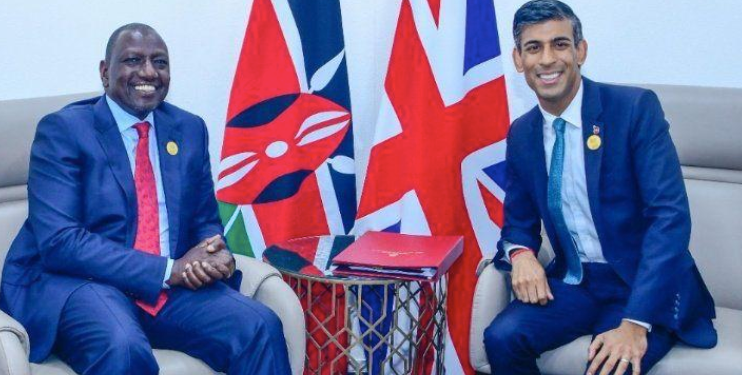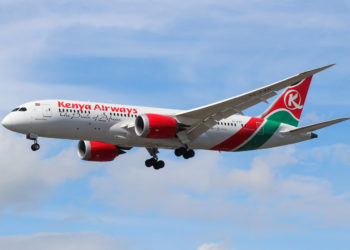Flagship climate projects fast-tracked between the UK and Kenya have reached key milestones, the British government announced Tuesday.
Multiple clean energy and agriculture initiatives launched at last year’s COP27 in Egypt have made notable progress over the past year, according to British High Commissioner to Kenya Neil Wigan.
“It is a sign of the strength of the UK-Kenya Strategic Partnership that these three projects have reached new milestones by COP28,” Wigan said. “The UK and Kenya are going far and going together.”
The KES 12.5 billion Menengai Geothermal project near Nakuru, which will generate 35 megawatts of electricity, is proceeding to financial close. Construction on the wind farm, which will provide 750,000 Kenyans with clean energy and create 200 local jobs, is expected to begin shortly after financing is secured.
A KES 31 billion agreement has also been reached between the Kenyan Development Corporation and UK-funded investor United Green to establish a climate-smart agriculture zone larger than Nairobi National Park. The project is projected to save Kenya £180 million annually on food imports.
The deals are part of six agreements totaling KES 500 billion struck by Kenyan President William Ruto and British Prime Minister Rishi Sunak at the 2022 U.N. climate conference. They aim to support Ruto’s Africa Green Industrialisation Initiative while creating sustainable jobs and economic growth.
Wigan said the investments “unlock mutual benefits for the UK and Kenya” without overburdening Kenya with debt.
Separately, British International Investment announced KES 1 billion in new funding for Kenyan solar irrigation and electric bus projects.
A KES 321 million solar irrigation initiative will provide water-efficient systems to 9,000 local farmers. The upfront cost will be reduced 25% to 40% through an innovative carbon credit program.
“The solar-powered irrigation systems will help increase farmers’ incomes as well as build their resilience to climate change impacts,” read a statement on the government of UK website.
An additional KES 765 million will support the manufacture of 100 electric buses in Kenya to meet demand for affordable clean transport while cutting annual carbon emissions by 5,000 metric tons.


















